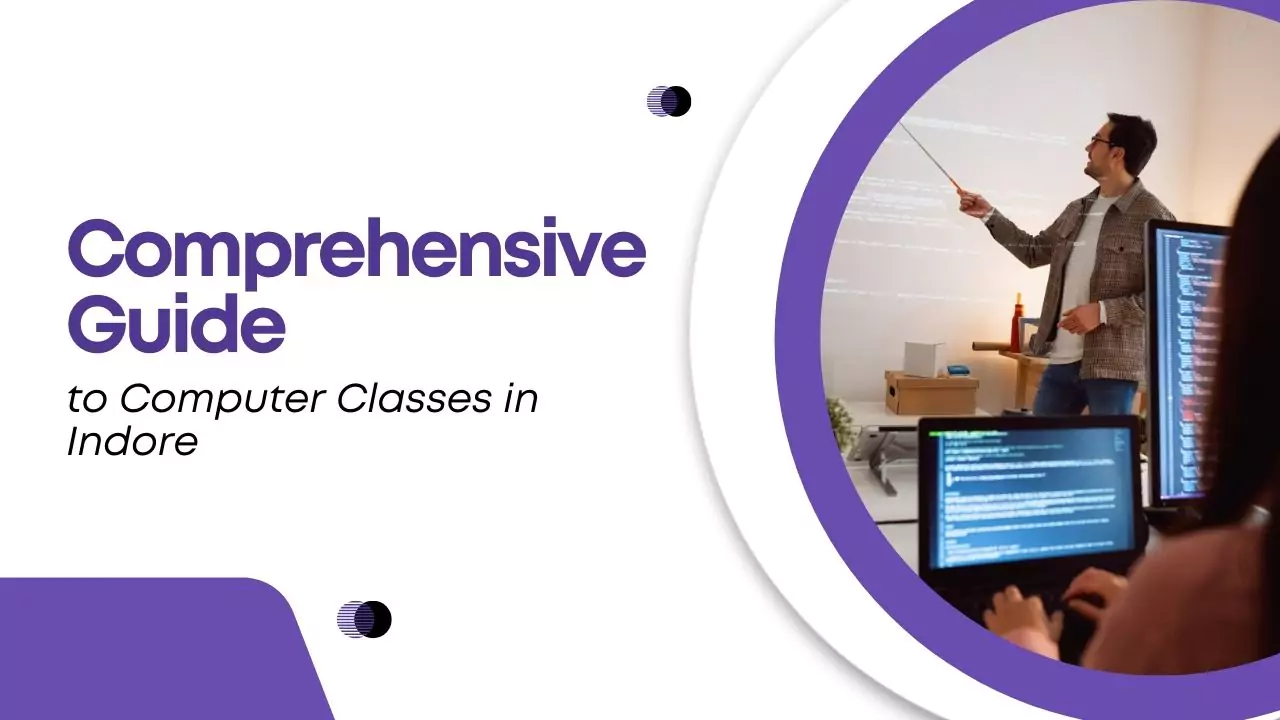As the demand for full stack developers continues to grow, mastering Java as a full stack developer offers great opportunities. In 2024, the role of a full stack developer has become more dynamic than ever, requiring expertise in front-end, back-end, databases, version control, and more. This blog post will guide you through the top 10 essential skills every Java full stack developer should focus on mastering.
1. Core Java Skills: The Foundation of Full Stack Development
To excel as a Java full stack developer, mastering Core Java is a must. This includes understanding:
- Object-Oriented Programming (OOP)
- Multithreading
- Data Structures and Algorithms
Additionally, knowledge of Java Virtual Machine (JVM) internals, such as bytecode execution and memory management, is essential. JVM ensures that your Java applications can run on any platform, making it a vital component of the Java ecosystem.
2. Front-end Technologies: Building User Interfaces
A full stack Java developer must be proficient in front-end technologies like:
- HTML (structuring web pages)
- CSS (styling web content)
- JavaScript (enhancing user interactions)
Frameworks like React and Angular allow developers to create dynamic and responsive interfaces, making them essential for any modern web application.

3. Back-end Frameworks: Mastery in Spring and Hibernate
On the server-side, frameworks like Spring and Hibernate are crucial for building scalable and efficient applications.
- Spring provides tools like Spring Boot, Spring MVC, and Spring Security, which streamline the development process.
- Hibernate, an ORM framework, simplifies database interactions by mapping Java objects to database tables
4. Database Management: SQL and NoSQL
Handling and managing databases is a key part of a full stack developer’s role. Java developers typically work with:
- MySQL or Oracle for relational databases (SQL).
- MongoDB for NoSQL databases, which handle unstructured data efficiently.
Understanding the strengths of both types of databases allows developers to select the best option for their project’s needs.
5. Version Control: Git for Efficient Collaboration
Version control is a must-have skill for managing code changes and collaborating with other developers. Git, combined with platforms like GitHub, allows you to track changes, work in teams, and manage multiple versions of your code effortlessly.
6. RESTful APIs and Web Services
Java full stack developers need to know how to create and integrate RESTful APIs. These APIs allow smooth communication between the front-end and back-end, ensuring the seamless exchange of data. Mastery of tools like AJAX, JSON, and frameworks like Spring Boot for building APIs is a vital skill.

7. DevOps Tools: Jenkins, Docker, Kubernetes
In 2024, the ability to automate and manage applications efficiently is crucial. As a Java full stack developer, you should be comfortable with DevOps tools like:
- Jenkins for Continuous Integration (CI)
- Docker for containerizing applications
- Kubernetes for automating container orchestration.
These tools improve deployment efficiency and ensure scalable application management.
8. Web Security: Protecting Your Applications
With the rise of online applications, web security is more important than ever. Java full stack developers need to be familiar with security protocols like:
- OAuth and JWT for user authentication and authorization.
- Best practices for API security, ensuring the safe transfer of data between front-end and back-end
9. Testing and Debugging: JUnit and Mockito
Testing your code is essential to ensure it functions correctly and efficiently. Full stack developers should be familiar with:
- JUnit for unit testing.
- Mockito for mock object creation and behavior verification.
These tools help developers maintain code quality and catch potential issues early in the development process.
10. Continuous Learning and Soft Skills
In the fast-paced world of technology, continuous learning is essential. Java full stack developers need to stay updated on the latest trends, frameworks, and tools. Additionally, soft skills like teamwork, communication, and problem-solving are just as important as technical skills in delivering successful projects.

Conclusion: Building Your Java Full Stack Developer Roadmap
Mastering these skills will not only make you a well-rounded Java full stack developer but also position you for success in 2024 and beyond. Whether you’re a beginner or looking to upgrade your skills, focus on both technical proficiencies and adaptability to remain competitive in the industry.
People Also Ask
1. What skills are required for a Java full stack developer in 2024?
A Java full stack developer needs to master core Java, front-end frameworks (like React or Angular), back-end frameworks (like Spring and Hibernate), databases (MySQL, MongoDB), RESTful APIs, version control (Git), and DevOps tools such as Docker and Jenkins.
2. Is Java enough for full stack development?
Java alone is not enough for full stack development. In addition to Java, you need skills in front-end technologies (HTML, CSS, JavaScript), back-end frameworks (like Spring Boot), databases, RESTful APIs, and version control tools like Git.
3. Which is the best front-end framework for Java full stack developers?
The best front-end frameworks for Java full stack developers include React and Angular. Both offer robust tools for building interactive user interfaces, with React being faster for dynamic content, and Angular excelling in form validation and routing.
4. What databases should a Java full stack developer know?
Java full stack developers should be proficient in both SQL databases (like MySQL and Oracle) for structured data and NoSQL databases (like MongoDB) for unstructured data.
5. What is the role of DevOps in Java full stack development?
DevOps plays a critical role in Java full stack development by automating deployment, scaling, and monitoring. Tools like Jenkins, Docker, and Kubernetes streamline the development and delivery process, ensuring continuous integration and delivery (CI/CD).
6. Why is version control important for Java full stack developers?
Version control, particularly with tools like Git, is essential for Java full stack developers because it enables collaboration, tracks code changes, and manages multiple versions of a project. It’s vital for teamwork and maintaining code integrity.






